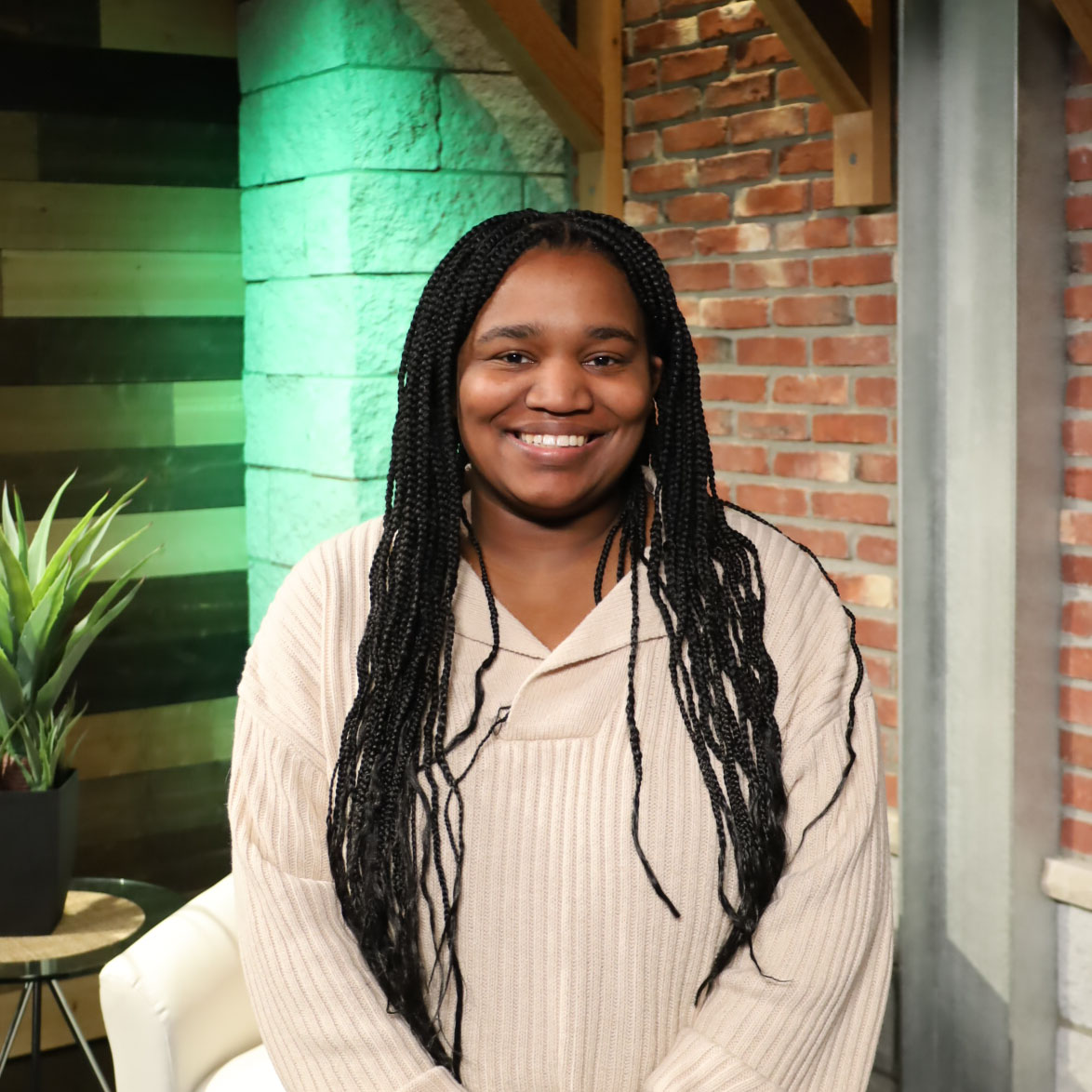It’s Black History Month, a time dedicated to celebrating iconic figures that left their footprint on American soil.
I’ll admit that I have mixed emotions about this month. While I’m grateful, I can’t help but focus on the performative activism and repetitive stories told that come along with February.Simply put, performative activism is when someone engages in a cause to build their social standing rather than from genuine commitment.
This form of activism is most notable through movements like Black Lives Matter and Black History Month. On social media, I am bombarded by people and companies showcasing their surface-level activism. Corporations and institutions seem only to care during celebratory months. Streaming platforms, for instance, have sections dedicated to Black shows and movies which disappears in March.
Undoubtedly, the products and content created for Black History Month are superficial. I’m curious to know how much money these products generate for Black-owned companies. How about correcting injustices perpetuated in their system?
At Goshen College, this form of activism is prevalent. Each February, the Black Student Union (BSU) plans one convocation. The display of library books by Black authors are taken down. Black students are asked to share their opinion when police brutality occurs, as if that is the only opinion we can offer.
I could go on, but it feels like Black History Month is the only time in which Black students and faculty are given a platform. Limiting people’s history and culture to 28 days minimizes their important contributions.
And what about the internal work necessary to improve campuses across the nation?
There are currently only two Black professors at GC, and little to no Black-centered courses. I can certainly attest to the adverse effects. This is not just a GC issue, either. Florida government officials recently opposed an Advanced Placement African American Studies course, claiming it did not adhere to state regulations.
Carter Woodson, the founder of Black History Month, intended for Black history to be taught alongside American history. He anticipated the day when this month would be nonexistent.
Studies have shown the importance of having Black teachers with culturally responsive and competent curricula. The purpose of Black History Month is to honor Black people, but is it truly an honor if an institution’s actions harm those people?
While there is not much regular people can do about institutions, they should consider their lack of activism. For example, my white peers will share posts on social media about issues in the Black community.
I get it; we’re all busy. But as BSU’s president, I haven’t seen these people at our meetings or intercultural gatherings. These people may do advocacy work off campus, but it can send a performative message when peers and teachers fail to show up for students of color they often see.
There is also a trend in the stories we learn about, such as Rosa Parks or ones focused on trauma. There are many untold stories that we should remember. As you learn about these stories, don’t neglect the Black voices around you or the change-makers in your community.
In the meantime, ask yourself: “What are you doing in your position to support Black people?”




